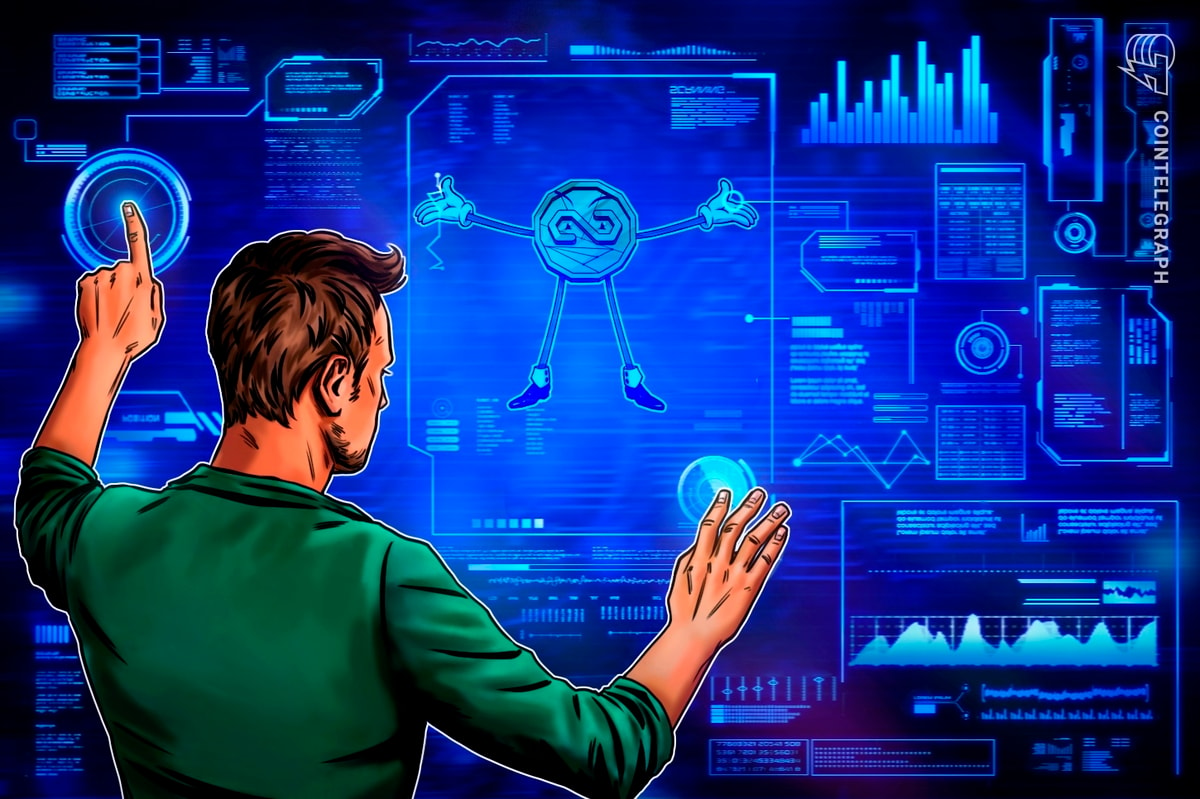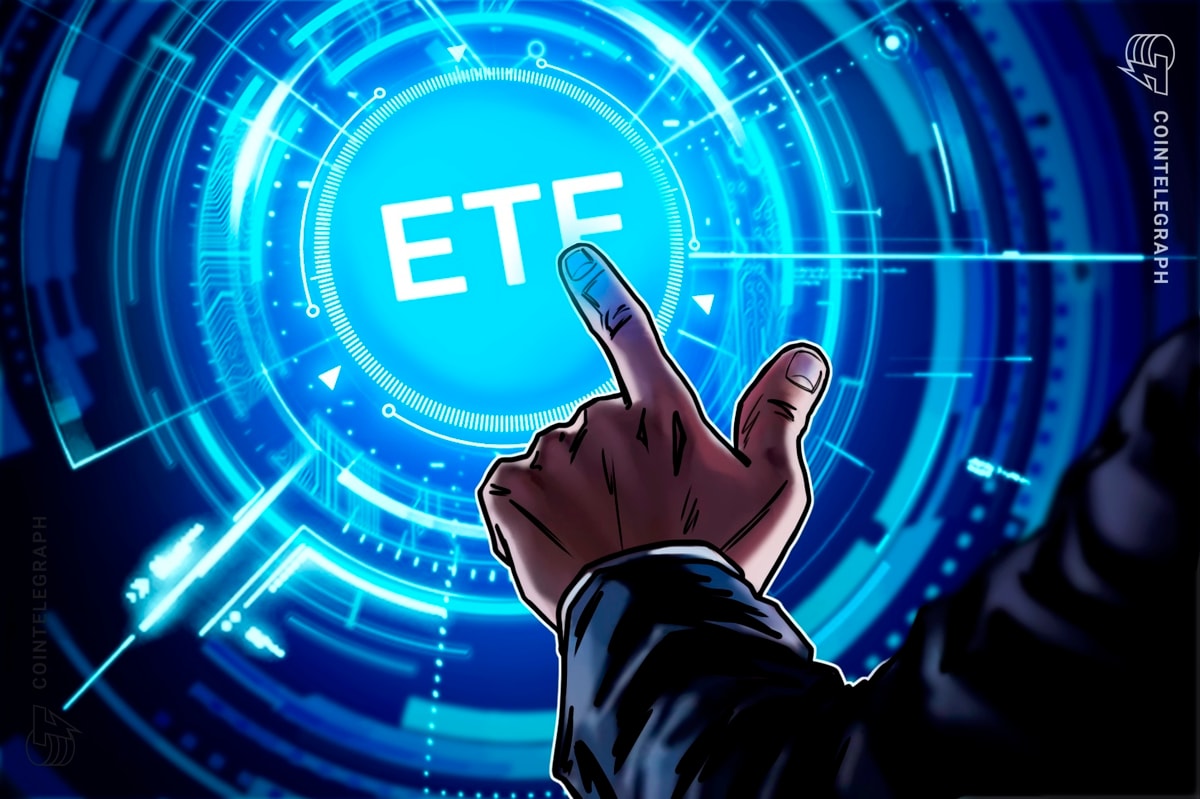Generative AI has proven its applicable relevance in different industries since its inception and has now added the sports industry to its list. An artificial intelligence (AI) tool, Scout Adviser, built on IBM’s ‘watsonx’ platform, will help the Spanish football team Sevilla FC find new players with AI.
In an announcement released on IBM’s blog, the technology company revealed that Scout Adviser will analyze Sevilla FC’s database of potential recruits. Using natural language processing and foundation models, it will create a list of players it thinks Sevilla should tap based on the team’s needs.
According to IBM, Scout Adviser will look at several factors when evaluating recruits. This includes quantitative data such as height and weight, speed, number of goals or minutes played, and qualitative unstructured data such as the textual analysis in their more than 200,000 scouting reports.
Selecting and recruiting players in elite sports teams, particularly in the football industry, entail significant financial investments, long-term contracts, performance and return on investment (ROI) uncertainties.
Sevilla FC highlighted that while conventional player recruitment relies on subjective human observation and limited data analysis, posing time constraints and considering only a few factors, IBM’s Scout Adviser tools bring a competitive edge by merging existing metrics with generative AI.
This closes the gap between metric-based scouting and hard-to-measure human behaviors, enhancing the talent identification and decision-making processes for Sevilla FC. However, Sevilla FC won’t be relying on AI alone. The football club will also continue to use the services of scouts and analysts.
Related: ‘Doomsday Clock’ calls AI existential threat, “disruptive technology” to humankind
Using cues from the club’s scouts describing the critical characteristics of players being assessed, Scout Advisor generates curated lists of candidates based on the traits sought and summarises each player’s complete set of reports.
AI has positively influenced various businesses and economies. Friar Paolo Benanti, the Vatican’s AI expert, has called the technology “absolutely positive” as a product of human intelligence and ability.
In support of the positive use of artificial intelligence, Ana Paula de Assis, Chair and General Manager EMEA at IBM said:
“With the correct use, AI continues to change the rules of the game for businesses across all sectors.”
The World Economic Forum (WEF) published its 19th Global Risks Report, which outlines the adverse outcomes of AI technologies, some intended or unintended negative consequences of advances in AI and related technological capabilities (including generative AI) on individuals, businesses, ecosystems and economies.
Magazine: Real AI use cases in crypto: Crypto-based AI markets, and AI financial analysis











